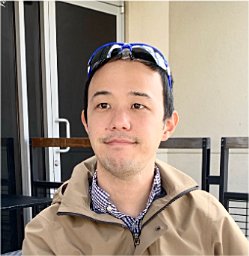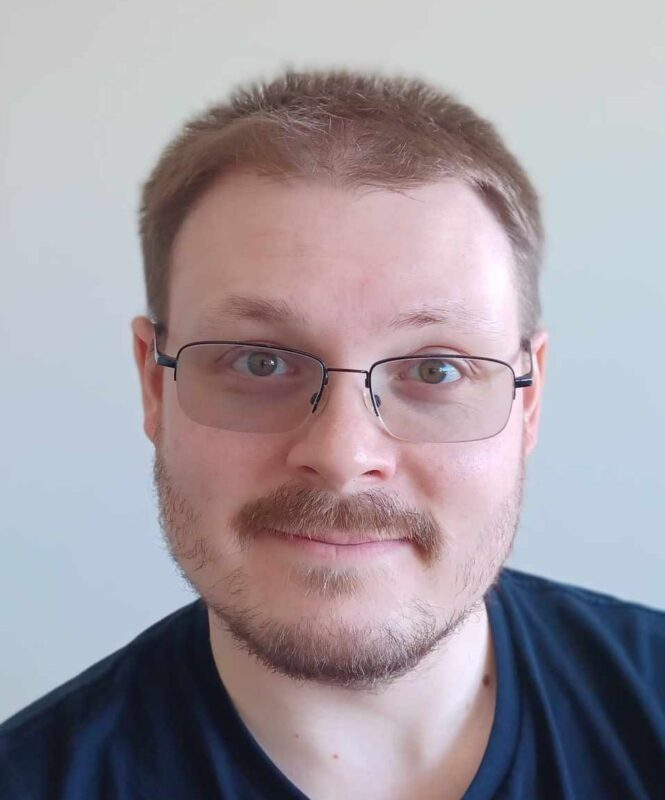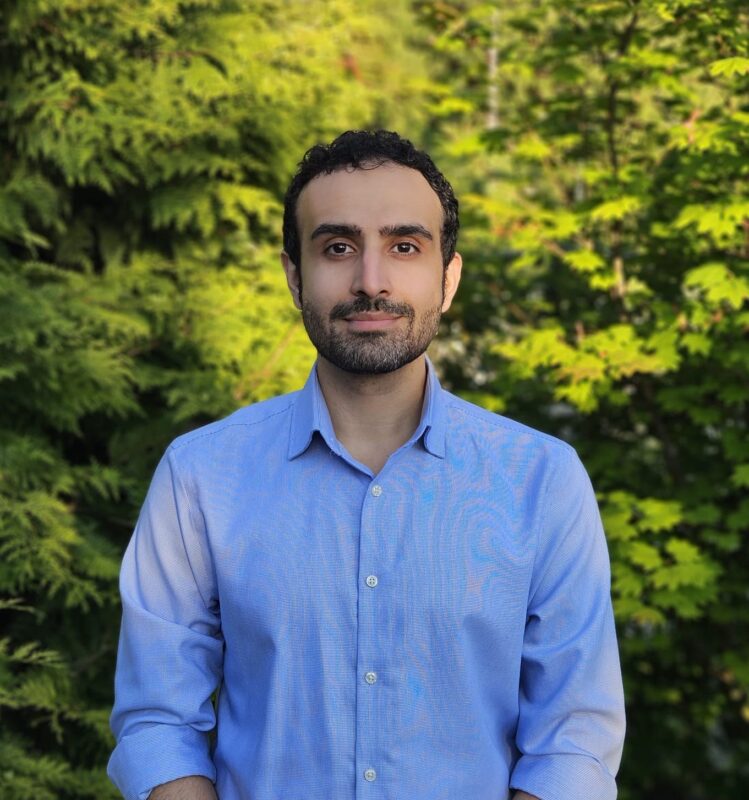Awards and recognition
Three MSL members receive 2025 Pathway to Independence Award
The Michael Smith Laboratories Pathway to Independence Award aims to support the research and career development of outstanding MSL Postdoctoral Fellows and Research Associates, and we are excited to congratulate the three individuals who were selected for this award in 2025. They will lead new projects aligned with their future career research focuses, which could lead to the generation of preliminary data for future grant applications to external funding agencies.
Their 12-month projects began on June 1, 2025, and we look forward to hearing summaries of how their projects have progressed at our MSL seminar on April 15, 2026.
 Dr. Morito Sakuma
Dr. Morito Sakuma
Supervisor: Dr. Nobuhiko Tokuriki
Project title: Developing a Directed Evolution Platform for Advanced Hydrogenases
Morito’s project will focus on constructing a novel platform to improve the stability and function of hydrogenases, enzymes that can help catalyze reactions for energy production from hydrogen fuels. By optimizing these enzymes, the hope is to lower costs and make it easier to implement technologies that take advantage of hydrogen fuel as an environmentally-friendly alternative to traditional fuel sources.
 Dr. Jeff Doherty
Dr. Jeff Doherty
Supervisor: Dr. Leonard Foster
Project title: Eau de Hairworm: A Powerful Model for Parasite Pheromone Discovery
Jeff will be investigating pheromone-mediated behaviour in the parasitic hairworm Paragordius varius by monitoring the worm’s behaviour and chemical profiles in a controlled environment. This work will provide a foundation for understanding chemical communication in parasitic worms, which could facilitate the identification of targets for controlling infections in humans and livestock in the future.
 Dr. Tiam Heydari
Dr. Tiam Heydari
Supervisor: Dr. Peter Zandstra
Project title: Quantifying Collective Immune Response Activation in Defined Micro Islands
Tiam’s project will investigate how different immune cell types (including T-cell, APC triads) interact and function collectively to mount effective anti-tumor responses. By studying the spatial organization, cell-type composition, and biophysical signatures of these interactions within confined microenvironments, his work aims to uncover how immune cells coordinate their activation and killing functions. The findings could inform new therapeutic strategies that harness the complexity of collective immune behaviour for more precise and effective cancer treatments.